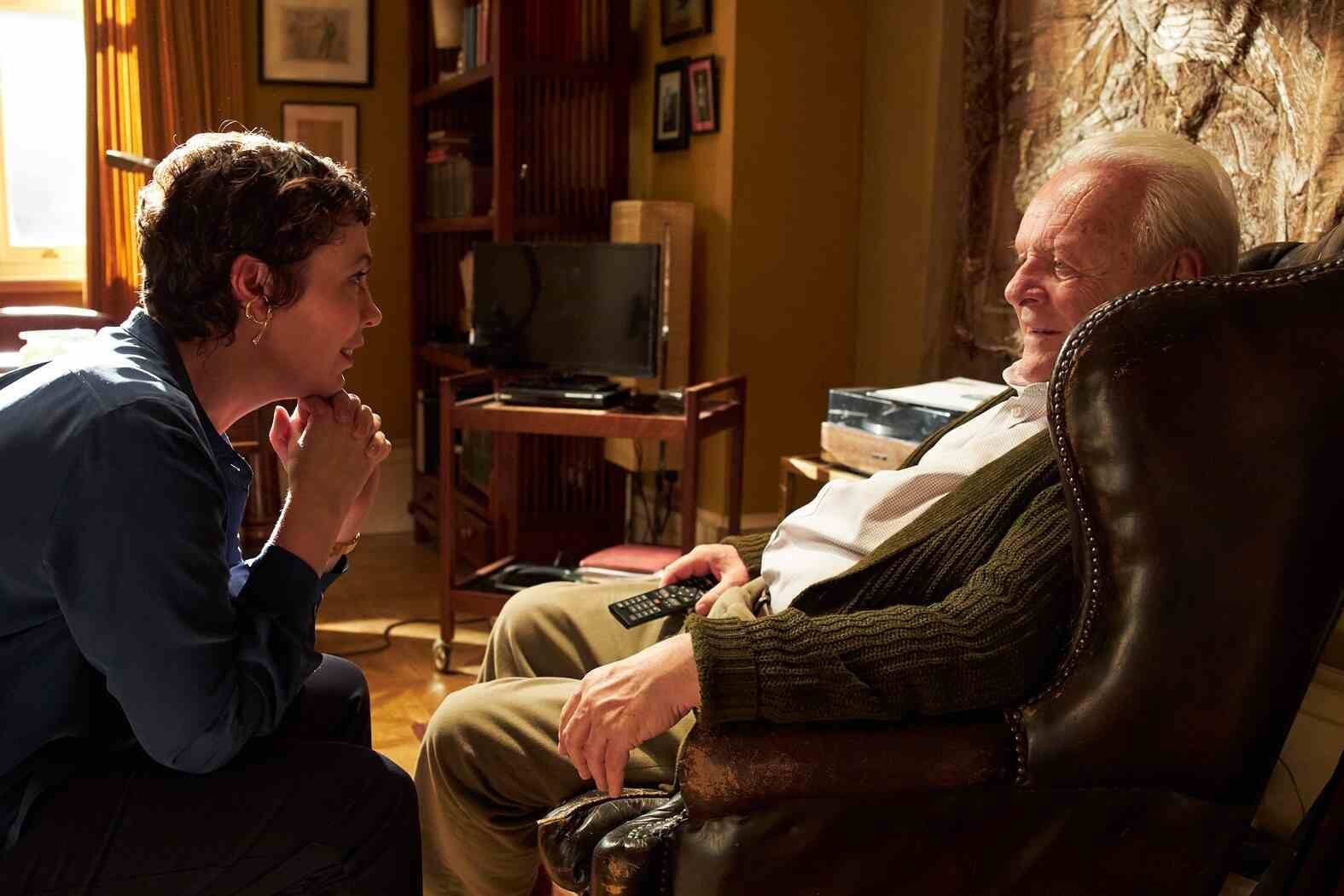

The Lovers on the Bridge
Carax presents a beautiful and harrowing tale of love, in a most unlikely place.


Never before have I felt so devastated as the credits started to roll for a movie, or experienced anything like the atmosphere in the cinema as I left. I’ll set the scene: I was sitting the furthest back, trying to compose myself after being emotionally destroyed by the final few moments of the film. I’m not normally one to cry over a movie but was working extra hard to hold back the flood after this one. After a minute of pretend-scrolling on my phone (we’ve all done it) to let my emotions pass, I was ready for the walk down the stairs and out of the door. When I finally mustered up the energy and got off my seat, I could see the reactions of the rest of the audience; tears were streaming down people’s faces, some were frozen to the spot, visibly shaken, and others were hurriedly making an escape. One man stood out to me, hopelessly mopping the streams of tears running down his cheeks with a handkerchief, nearly making me do the same. So, you may be asking, just what caused this mass emotional breakdown at 10:15 pm on a warm Tuesday night? The answer is simple: a near-flawless film providing a heartbreaking look at how dementia can turn a life upside-down.
The subject matter of The Father is universal. Everyone knows someone who has had some form of dementia and will be well aware of the pain and unrest it leaves behind in its wake. It’s unfortunately very easy to relate to the situation, or re-live it in some cases. My own father is getting older now and forgets things that he shouldn’t. We normally just laugh it off but deep down, there’s the fear that it might be the beginning of something a lot worse. The scariest part of the illness is that those who have it are oblivious to the fact that they have something wrong with them. Trapped in their mind, forced to experience pain, anger and fear over and over in a pernicious cycle. Those around them are pushed away, unable to provide care when it’s needed the most. It’s the worst nightmare for anyone.
The choice of Anthony Hopkins as the titular father is a laudable decision. The veteran actor is well admired across the globe, and at the age of 83, he’s perfect for the role. His character is also named Anthony, a choice that was no accident. We’re essentially watching this beloved actor face the fate that everyone dreads the most. Actor and character merge into one, you can’t help but picture Hopkins himself in the same situation, which amplifies the power of the story. It’s heartbreaking to see him in such a vulnerable state, I’m tearing up just thinking about the final few moments again. An Oscar-winning performance from a cinematic legend.
What makes The Father stand out in particular, is its unique method of portraying the situation; the story is told from the perspective of the person with dementia. Actors and sets change from scene to scene so just like Anthony, we’re never sure where we are or what’s happening. I often felt confused and disoriented, not knowing if what I’d seen was real. The unreliable storytelling works well to create a dizzying and deeply harrowing atmosphere that gives a taste of what it’s like to lose who you are.
Everything we experience in life is told through a perspective, sieved through our brain, leaving behind fragments of the true reality. The memories that stick are unreliable, subconsciously bent to our will and faded over time like a disintegrating reel of film. They’re intrinsically unique though, shaping who we are and what we want to be, holding the key to our personality. To lose all of this is to lose yourself, a terrifying prospect that’s contextualised in this film. We all think it will never happen to ourselves or those closest to us but that’s just ignoring the obvious. The Father makes it painfully clear how devastating dementia can be and has prepared me well if the time ever comes.


Carax presents a beautiful and harrowing tale of love, in a most unlikely place.


Andrei Tarkovsky’s mind-bending journey through a post-apocalyptic landscape still manages to impress today


Surreal, existential and transcendent cinema from Jonathan Glazer. Under The Skin follows an alien prowling the streets of Glasgow luring in unsuspecting men…


A superb follow up to the 1982 classic, Denis Villeneuve goes above and beyond all expectations


Takashi Miike’s extremely violent and perverse cult classic will push your willpower to the limit


Sam Mendes’ best picture winning study on suburban life hasn’t aged too well but still has a powerful message at its core